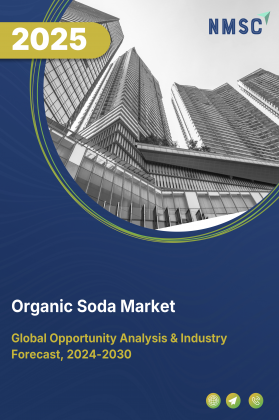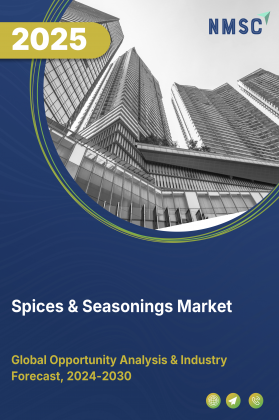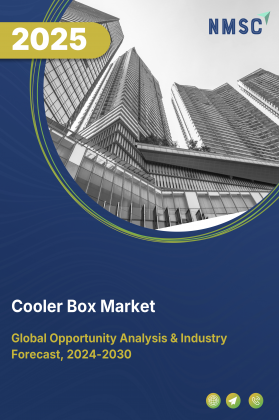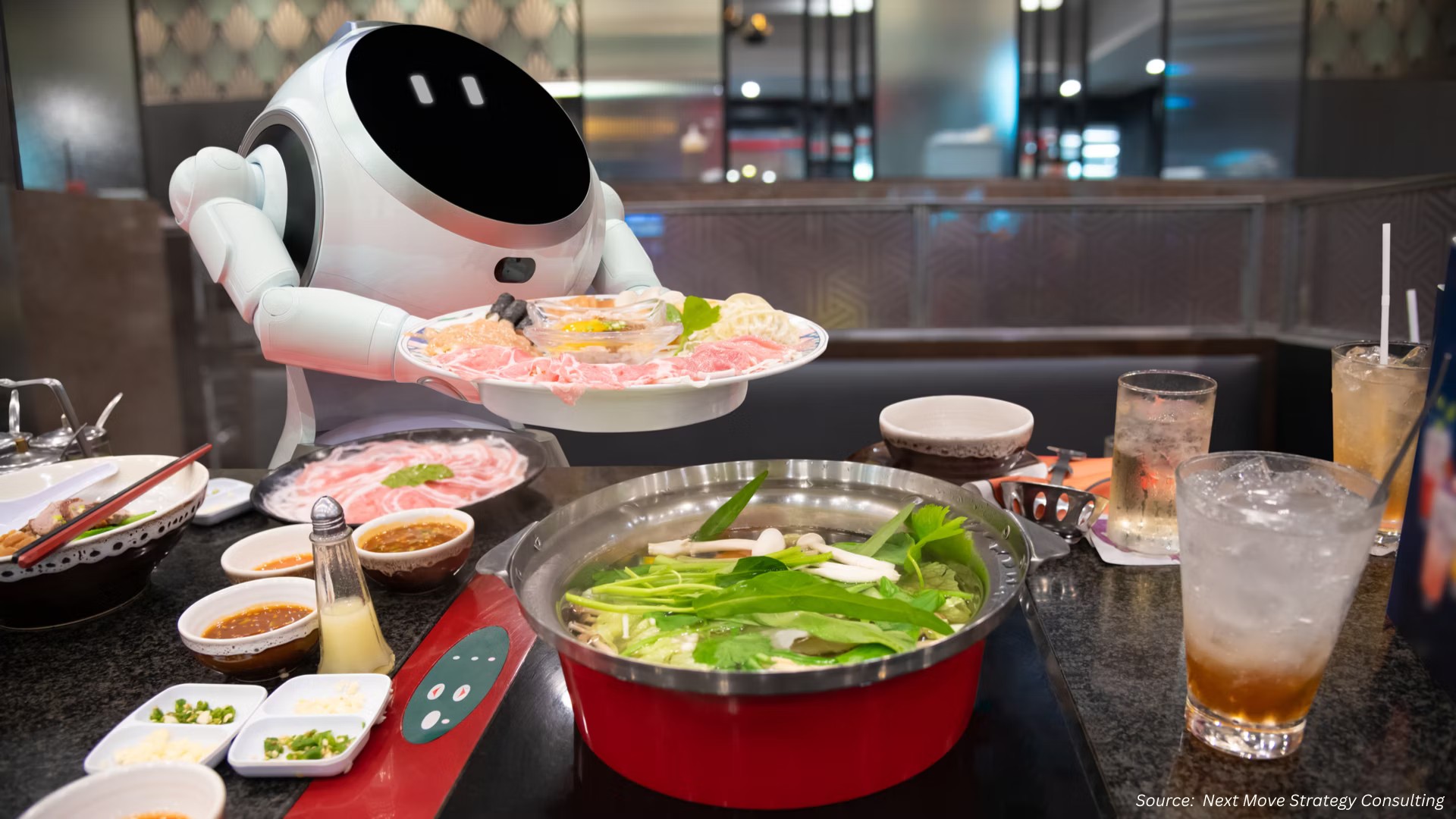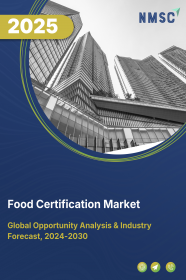
Food Certification Market By Certification Type, (Organic Certification, Halal Certification, Kosher Certification, ISO 22000 (Food Safety Management), BRC (British Retail Consortium Certification), FSSC 22000 (Food Safety System Certification), GMP (Good Manufacturing Practice Certification), and Others – Global Opportunity Analysis and Industry Forecast 2024-2030
Market Definition
The global Food Certification Market size was valued at USD 8.07 billion in 2023 and is predicted to reach USD 14.62 billion by 2030 with a CAGR of 8.9% from 2024-2030. Food certification involves the verification and validation of food products to meet certain quality and regulatory standards, which is done through third-party certification bodies. These criteria encompass various aspects, including taste, texture, nutritional content, safety measures, and compliance with legal regulations, and offer advantages such as safety assurance, market access, consumer trust, and a competitive edge.
Food certification covers a diverse range of certifications, each addressing specific aspects of food production and distribution, such as organic, halal, and others, enabling producers to cater to various consumer preferences and meet global standards.
Market Dynamics and Trends
Increasing investments from international financial institutions such as the World Bank, African Development Bank, and others, to ensure nutrition security is driving the growth of the food certification market. These investments support various initiatives and programs aimed at improving food safety, quality, and accessibility, thereby positively impacting the market.
For instance, in May 2022, The World Bank announced the implementation of active measures to address food and nutrition security issues, allocating up to USD 30 billion over 15 months. This development underscores the rising demand for food certification globally.
Also, the shift in consumer preferences toward plant-based and vegan diets helps boost the demand for food certification. The rising demand for food products aligning with these preferences has led businesses to track for certifications validating their contributions as vegan and plant-based.
This consumer-driven demand for certified products is fuelling the market expansion of food certification. For instance, in September 2022, Intertek Group PLC introduced the Intertek Vegan Certification, aimed at strengthening assurance in product claims for vegan and plant-based consumers. This program uses Intertek's ATIC approach to provide thorough third-party verification over auditing, testing, inspection, and training, to ensure the authenticity of vegan claims in food products further growing the market.
Moreover, the introduction of resources such as charts and handbooks, by global agencies such as The World Health Organization (WHO) and The Food and Agriculture Organization (FAO) to enhance food safety by spreading awareness among consumers about foodborne diseases, their causes and distribution is boosting the food certification market.
For instance, in June 2021, the World Health Organisation (WHO) marked, 600 million cases of foodborne illnesses that are documented, leading to 420,000 deaths in 2010, primarily from infections like salmonella and E.coli, affecting children under five years old mostly.
To address this problem, WHO developed a handbook to help countries assess their foodborne disease burden, identify system deficiencies, and fill data gaps. This effort aims to strengthen food safety infrastructure and protect public health.
However, high certification costs and the absence of consistent food safety standards are the factors restricting the expansion of the food certifications market. On the contrary, an increase in sustainable and ethical food production practices along with sustainable practices are major factors that are expected to drive the growth of the food certification market during the forecast period.
Market Segmentation and Scope of Study
The food certification market is segmented based on certification type, application, and region. Based on certification type, the market is divided into Organic Certification, Halal Certification, Kosher Certification, ISO 22000 (Food Safety Management), BRC (British Retail Consortium Certification), FSSC 22000 (Food Safety System Certification), GMP (Good Manufacturing Practice Certification), and Others.
Based on application the market is segmented into Beverages, Meat, Poultry and Seafood Products, Dairy Products, Bakery and Confectionery, Organic Foods, Baby Food, Ready-to-Eat Meals, and Others. Regional breakdown and analysis of each of the aforesaid segments includes regions comprising North America, Europe, Asia-Pacific, and the Rest of the World (RoW)
Geographical Analysis
North America is dominating the food certification market due to the robust food management process implemented by certification bodies such as the Food and Drug Administration (FDA) through audits and follow-up, ensuring the best food safety is boosting the market.
For instance, in 2022, the Food and Drug Administration (FDA) set rules for the full implementation of FSMA, addressing shared responsibility of food safety, across various points in the global supply chain. This collective effort ensures the safety of the food supply hence boosting the demand for food certification.
Moreover, the presence of major market players such as UL LLC, SGS North America Services, and Lloyd's Register Group Services Limited operating in this region, which are investing heavily in their business expansion and undertaking R&D projects is further driving the food certification market in the region.
For instance, in June 2022, UL Enterprise announced the expansion of its three divisions new brand named UL Research Institutes, UL Standards & Engagement, and UL Solutions. These solutions work with a wide range of experts to solve food safety problems and ensure better food security.
On the other hand, the Asia-Pacific region is expected to witness a rise in the food certification market during the forecasted period, attributed to the growing demand for meat-processed food products. With the growing food processing industry and consumer preference for meat products, there's a greater focus on safety and quality. This leads to an increased demand for food certification services, to ensure that meat-processed food products meet regulatory and quality requirements, fostering consumer trust and market growth.
For instance, in May 2022, East Assia Forum, stated that China has witnessed a remarkable surge in its appetite for meat and dairy products, reflecting a broader trend of growing meat consumption across the Asia-Pacific region.
Moreover, government initiatives to enhance food safety in import and export by strengthening regulations and inspection processes promote safer and higher-quality food trade, increasing demand for certification services and driving market growth in the region.
For instance, in June 2023, South Korea’s Ministry of Food and Drug Safety, announced regulatory improvements in imported food, ensuring the obedience to rigorous standards. This, in turn, fuels the demand for food certification services across the APAC region as nations seek to meet and exceed these higher standards for imported food products.
Competitive Landscape
Various market players operating in the food certification industry are, SGS SA, Det Norske Veritas, Lloyd's Register Group Limited, Control Union Certifications B.V., Intertek Group plc, Eurofins Scientific SE, TÜV SÜD AG, ALS Limited, NSF Internationals, Asure Quality Limited and others. These market players are engaging in business expansion and acquisitions to remain dominant in the market.
For Instance, in August 2023, SGS opened a new marine laboratory in Yokohama, Japan, which offers competitive ballast water testing services compliant with the U.S. EPA Vessel General Permit (VGP) for over 70,000 oceangoing vessels at Japanese ports. The lab also conducts IMO D-2 and asbestos testing (ISO and EPA), with plans for further expansion.
Moreover, in July 2023, Det Norske Veritas acquired Enviroguide Consulting, an esteemed environmental consultancy. This acquisition chains DNV's commitment to grow its environmental services and enables it to provide a comprehensive range of vital services for energy projects, including biodiversity, environmental, and waste management solutions which is an essential part of the food certification process.
Key Benefits
-
The report provides quantitative analysis and estimations of the food certification market from 2024 to 2030, which assists in identifying the prevailing market opportunities.
-
The study comprises a deep-dive analysis of the food certification market including the current and future trends to depict prevalent investment pockets in the market.
-
Information related to key drivers, restraints, and opportunities and their impact on the food certification market is provided in the report.
-
A competitive analysis of the players, along with their market share is provided in the report.
-
SWOT analysis and Porter's Five Forces model are elaborated in the study.
-
Value chain analysis in the market study provides a clear picture of the roles of stakeholders.
Food Certification Market Key Segments
By Certification Type
-
Organic Certification
-
Halal Certification
-
Kosher Certification
-
ISO 22000 (Food Safety Management)
-
BRC (British Retail Consortium Certification)
-
FSSC 22000 (Food Safety System Certification)
-
GMP (Good Manufacturing Practice Certification)
-
Others
By Application
-
Beverages
-
Meat
-
Poultry and Seafood Products
-
Dairy Products
-
Bakery and Confectionery
-
Organic Foods
-
Baby Food
-
Ready-to-Eat Meals
-
Others
By Region
-
North America
-
The U.S.
-
Canada
-
Mexico
-
-
Europe
-
The U.K.
-
Germany
-
France
-
Italy
-
Spain
-
Denmark
-
Netherlands
-
Finland
-
Sweden
-
Norway
-
Russia
-
Rest of Europe
-
-
Asia-Pacific
-
China
-
Japan
-
India
-
South Korea
-
Australia
-
Indonesia
-
Singapore
-
Taiwan
-
Thailand
-
Rest of Asia-Pacific
-
-
Rest of the World (RoW)
-
Latin America
-
Middle East
-
Africa
-
REPORT SCOPE AND SEGMENTATION:
|
Parameters |
Details |
|
Market Size in 2023 |
USD 8.07 Billion |
|
Revenue Forecast in 2030 |
USD 14.62 Billion |
|
Growth Rate |
CAGR of 8.9% from 2023 to 2030 |
|
Analysis Period |
2023–2030 |
|
Base Year Considered |
2023 |
|
Forecast Period |
2024–2030 |
|
Market Size Estimation |
Billion (USD) |
|
Growth Factors |
|
|
Countries Covered |
28 |
|
Companies Profiled |
10 |
|
Market Share |
Available for 10 companies |
|
Customization Scope |
Free customization (equivalent to up to 80 working hours of analysts) after purchase. Addition or alteration to country, regional, and segment scope. |
|
Pricing and Purchase Options |
Avail customized purchase options to meet your exact research needs. |
KEY PLAYERS
-
SGS SE
-
Det Norske Veritas
-
Lloyd's Register Group Services Limited.
-
Control Union Certifications B.V.
-
Intertek Group Plc.
-
Eurofins Scientific SE
-
TÜV SÜD AG, ALS Ltd.
-
ALS Ltd.
-
NSF Internationals
-
AsureQuality Ltd.




















 Speak to Our Analyst
Speak to Our Analyst



